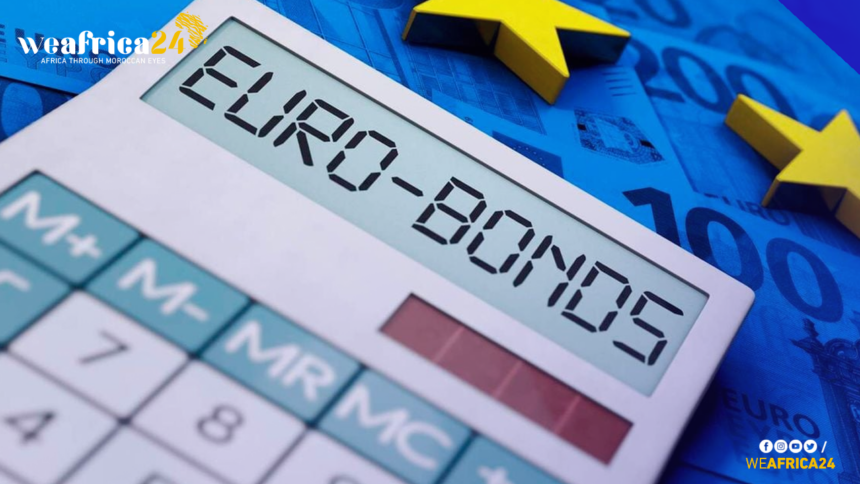Kenya is set to make a significant return to the global bond market as it prepares to issue a new Eurobond, marking its first foray into international bond issuance since 2021. The move comes as the country seeks to raise funds to facilitate the buyback of its 10-year $2 billion Eurobond, which is due to mature in June.
In a surprising turn of events, the Kenyan National Treasury has opted to finance the planned buyback through a fresh Eurobond issuance, diverging from previous expectations of utilizing forex reserves or loans from multilateral lenders. The tender offer for bondholders interested in participating in the buyback has already been initiated, with the buyback price set at the bond’s par or face value.
The exact amount to be raised through the new Eurobond offer has not been specified by the Treasury. However, sellers participating in the buyback will receive accrued interest on their bonds, with positive investor sentiment evident in the secondary market following the announcement of the buyback and new bond sale.
Secondary market yields on the 2024 bond, traded on the Irish Stock Market, experienced a significant drop from 13.6 percent to 8.5 percent within an hour of the buyback disclosure. This movement reflects a decrease in investor risk aversion and suggests a level of comfort regarding Kenya’s ability to manage its debt obligations.
The decision to re-enter the Eurobond market comes after challenging market conditions and rising yields made it difficult for African sovereigns, including Kenya, to access commercial debt. However, a successful Eurobond issuance by Cote d’Ivoire at single-digit interest rates has encouraged for Kenya to seize the potentially favorable rates available in the external bond market.
The maturation of the existing Eurobond, coupled with previous challenges in accessing external commercial debt, has posed fiscal challenges for Kenya. The government had initially planned to rely on IMF and World Bank loans, as well as forex reserves, to repay the maturing Eurobond. However, the new buyback plan offers a solution to this predicament while also providing an avenue for raising external financing to address the country’s budget deficit.
With the Treasury leaving the door open for a substantial allocation split between the buyback and budget financing, the issuance of the new Eurobond represents a significant development in Kenya’s fiscal landscape.







